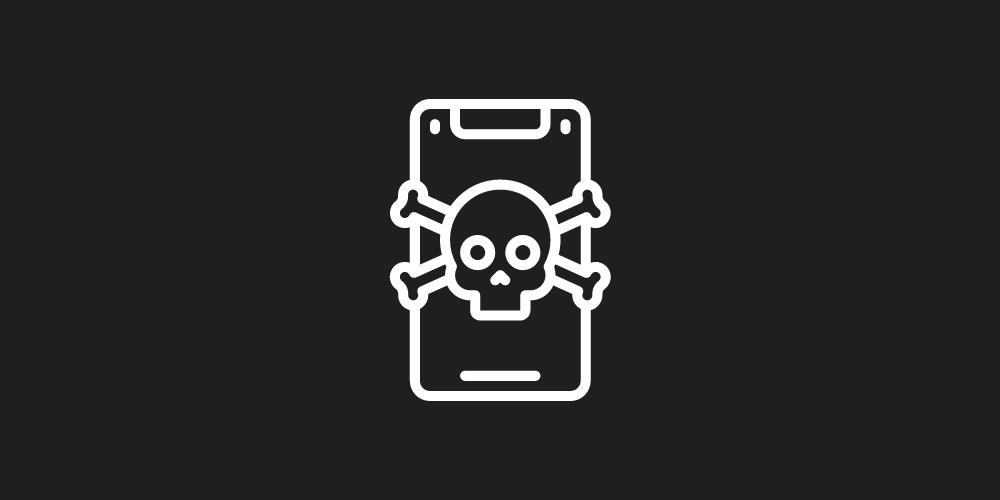Contents
In today’s digital age, where online presence is as crucial as the air we breathe, the threat of Distributed Denial of Service (DDoS) attacks looms ominously over businesses and websites.
These attacks, aimed at overwhelming a site with traffic to render it inaccessible, pose a grave risk to operational continuity and data security.
This article explores the sophisticated world of DDoS mitigation services, focusing on the innovative solutions provided by Radware, a frontrunner in the battle against cyber threats. Radware’s approach to safeguarding digital assets from the devastating impact of DDoS attacks offers a beacon of hope for organizations navigating the choppy waters of cybersecurity.
In this post, we hope to share why delving into this discussion is not just informative but essential for anyone vested in maintaining the integrity and availability of their digital platforms.
The Bedrock of DDoS Defense: Radware’s Proactive Measures
Crafting the First Line of Defense: The Role of POC Testing
Radware champions the importance of conducting proof-of-concept (POC) testing within a controlled lab environment, rather than directly in the production sphere.
This approach allows for a comprehensive evaluation of DDoS mitigation strategies without jeopardizing the operational functionality of the target site or network.
POC testing serves as a critical step in ensuring that the mitigation solutions are both effective and tailored to the unique needs of each organization. By simulating attack scenarios in a lab setting, companies can identify potential vulnerabilities and fine-tune their defenses accordingly.
Moreover, Radware’s emphasis on POC testing underscores the need for flexibility and experimentation in developing robust DDoS mitigation tactics.
This methodology enables organizations to explore various defense mechanisms, configurations, and response protocols in a risk-free environment. It also facilitates a deeper understanding of how different mitigation techniques perform under a variety of attack vectors, ensuring that the deployed solution offers comprehensive protection.
The Value of Expertise: Leveraging Third-Party Testing Services
Radware advises organizations to consider engaging with third-party testing services or to request that their DDoS mitigation vendor conduct the necessary evaluations.
This recommendation acknowledges the reality that many organizations may lack the specialized tools and in-house expertise required for effective DDoS defense testing. By partnering with seasoned professionals, companies gain access to a wealth of knowledge and advanced testing methodologies.
Third-party testers bring an objective perspective to the assessment of DDoS mitigation strategies, potentially uncovering overlooked weaknesses and providing impartial validation of the solution’s efficacy. Additionally, these experts can offer insights into the latest attack trends and evolving threats, ensuring that mitigation measures remain ahead of malicious actors.
The collaboration between organizations and external testers creates a symbiotic relationship that enhances the overall security posture and resilience against DDoS attacks.
Prioritizing Effectiveness Over Connectivity: A Strategic Focus
In the realm of DDoS mitigation, Radware emphasizes the critical importance of prioritizing the effectiveness of mitigation techniques over mere connectivity concerns. This perspective challenges the common inclination to focus heavily on maintaining connectivity during an attack, which can inadvertently overshadow the evaluation of how well the mitigation solutions are performing in terms of neutralizing the threat.
Radware’s approach advocates for a balanced assessment that considers both the resilience of the network under attack and the capability of the mitigation service to effectively filter out malicious traffic while allowing legitimate users to access the site.
By shifting the focus towards the quality and efficacy of the defense mechanisms, organizations can ensure that their DDoS protection services not only preserve connectivity but also provide robust and reliable protection against a wide array of DDoS attack vectors.
In conclusion, Radware’s methodologies and insights into DDoS mitigation underscore the importance of a strategic, informed approach to defending against these pervasive cyber threats.
Through meticulous POC testing, collaboration with expert third-party services, and a focus on the effectiveness of mitigation strategies, organizations can fortify their digital domains against the ever-evolving landscape of DDoS attacks.
As businesses continue to navigate the complexities of online security, the wisdom and innovation offered by leading DDoS vendors like Radware are invaluable assets in the quest for a secure, resilient digital presence.
